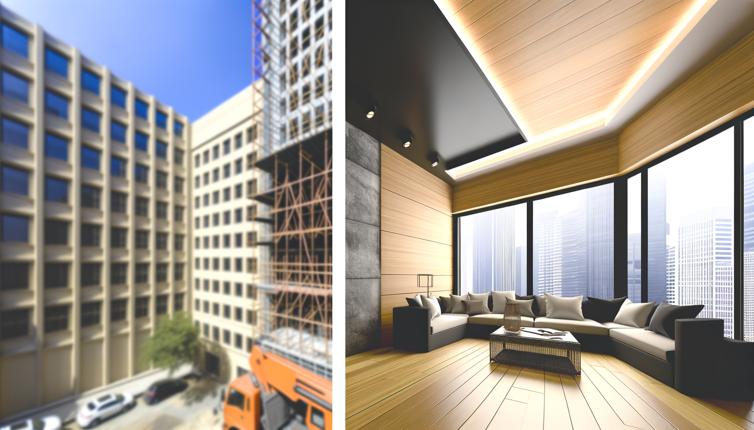Advantages of Steel
Steel is known for its strength and durability, making it an excellent choice for high-rise buildings and structures that need to withstand heavy loads.,Steel is flexible and can be easily modified or extended, allowing for greater design flexibility.,Steel structures can be constructed faster than concrete structures, reducing construction time and costs.,Steel is resistant to fire and can withstand high temperatures without losing its structural integrity.
Advantages of Concrete
Concrete is a versatile material that can be molded into any shape, making it suitable for complex architectural designs.,Concrete structures have good thermal insulation properties, helping to reduce energy consumption and maintain a comfortable indoor environment.,Concrete is a sustainable material that can be made from locally available resources, reducing the carbon footprint of construction projects.,Concrete structures are more resistant to corrosion and weathering compared to steel structures.
Considerations for Steel Construction
Steel structures require regular maintenance to prevent corrosion and ensure structural integrity.,The cost of steel fluctuates in the market, making it difficult to estimate the total cost of a steel construction project.,Steel structures are more susceptible to vibrations and can generate more noise compared to concrete structures.,Specialized labor and equipment are required for steel construction, which can increase construction costs.
Considerations for Concrete Construction
Concrete structures have a longer construction period compared to steel structures.,Concrete construction requires formwork, which can be costly and time-consuming.,Modifications to concrete structures are more difficult and expensive compared to steel structures.,Concrete structures may require additional insulation to meet energy efficiency standards.
Conclusion
In conclusion, the choice between steel and concrete for building construction depends on various factors such as the type of structure, budget, timeline, design flexibility, and environmental considerations. Both materials have their advantages and disadvantages, and it is important to consult with architects, engineers, and construction professionals to make an informed decision.









